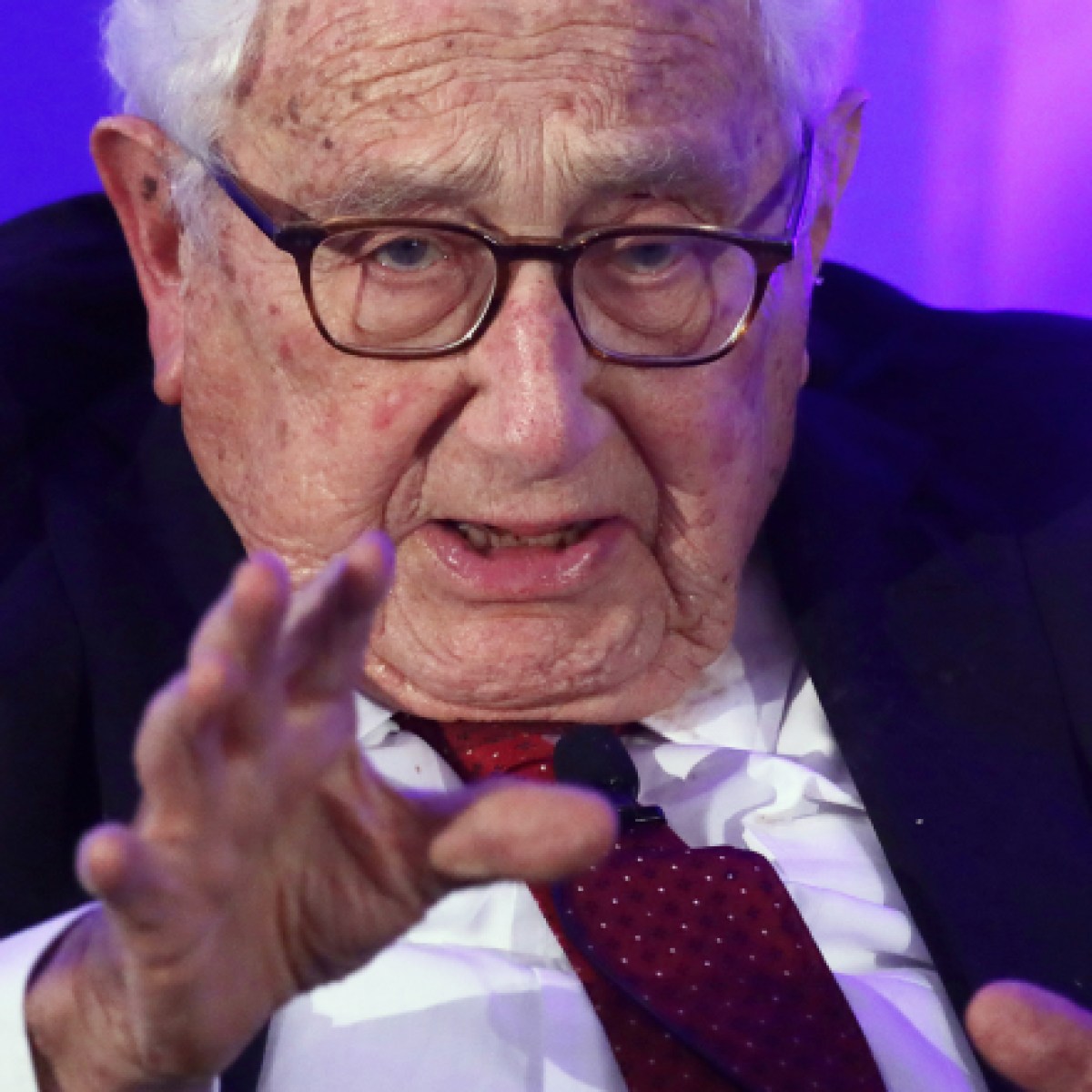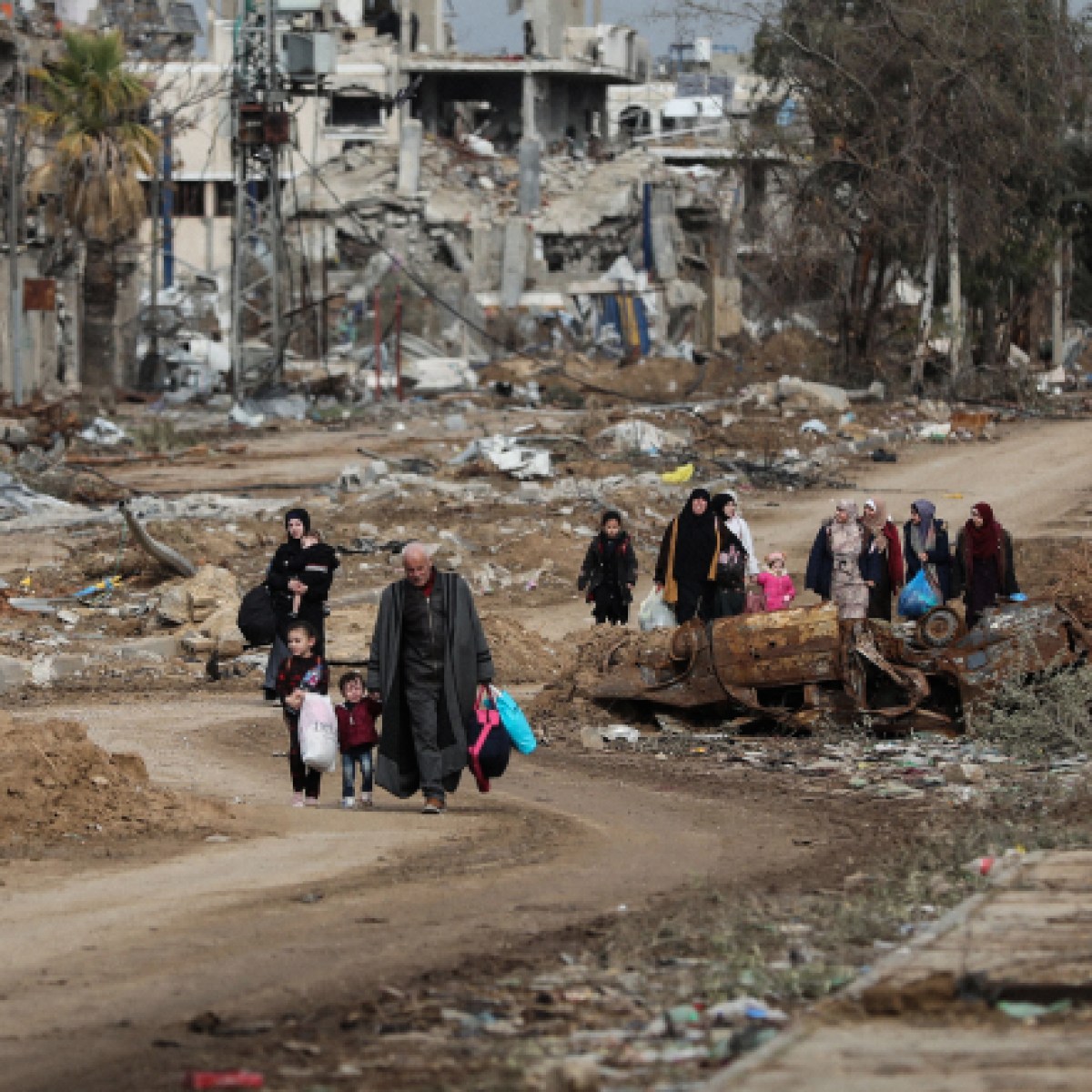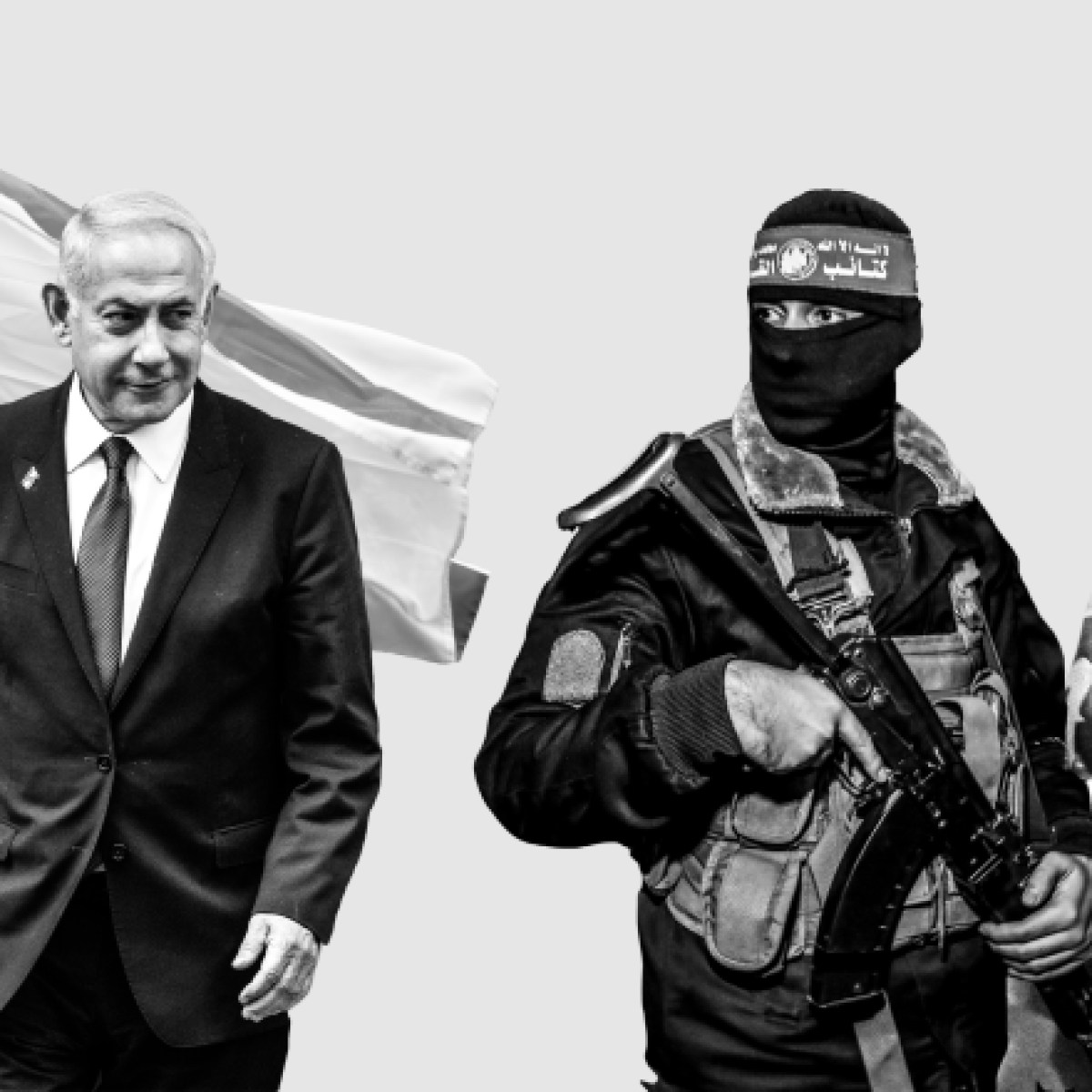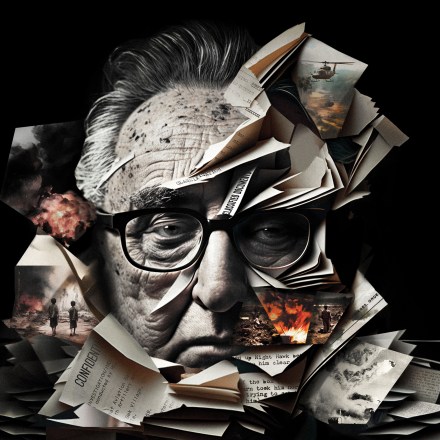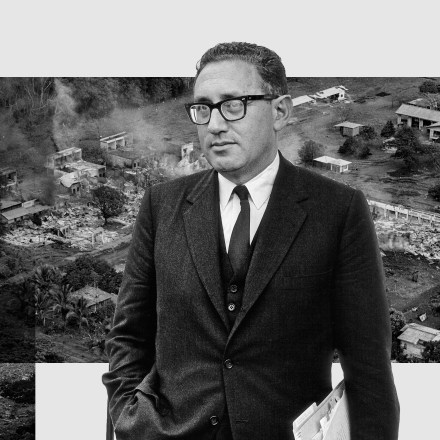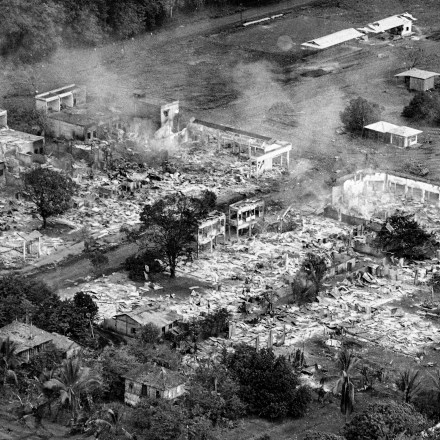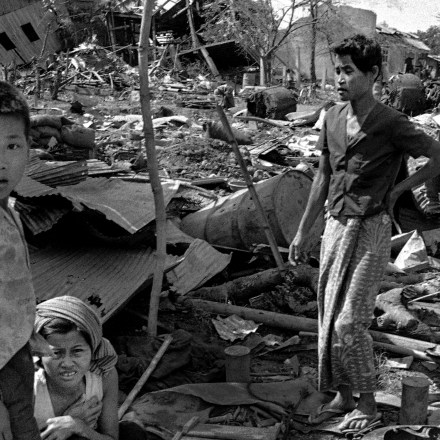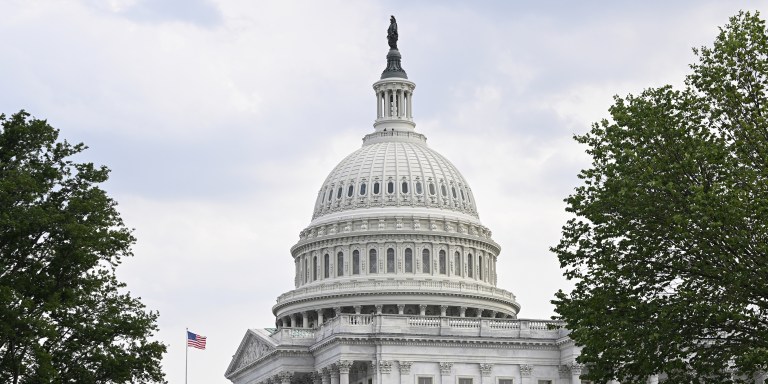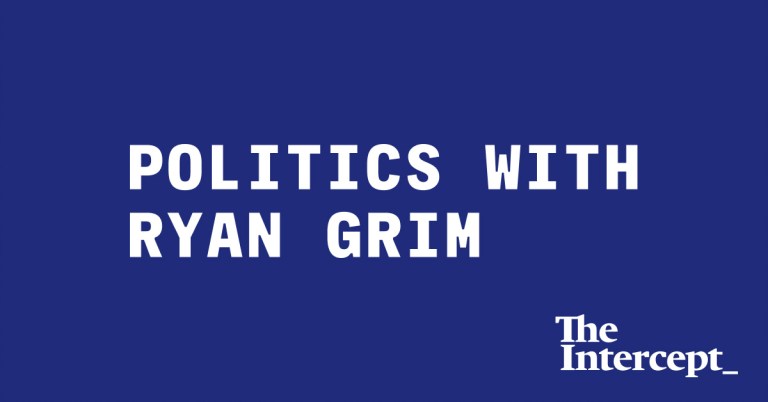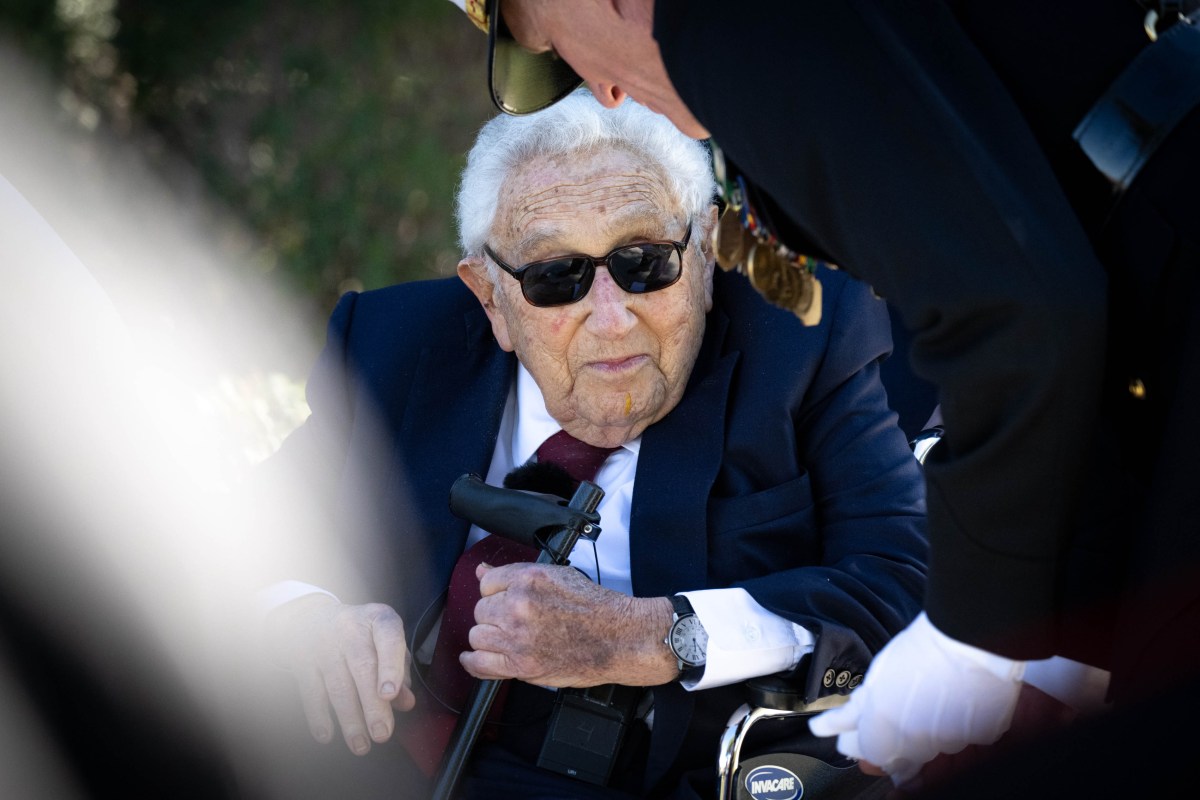
In 2002, former Secretary of State Henry Kissinger and his wife attended an elegant dinner party hosted by Barbara Walters. Other participants included Time editor Henry Grunwald, one-time ABC Chair Thomas Murphy, and Peter Jennings, then the anchor of ABC “World News Tonight.”
At one point in the evening, as New York magazine recounted, Jennings addressed Kissinger and asked him, “How does it feel to be a war criminal, Henry?”
Kissinger did not respond. However, Grunwald informed Jennings that this inquiry was “unsuitable.” Walters, who considered Kissinger “the most loyal friend,” later said, “I tried to change the subject, but it was a very uncomfortable moment. [Kissinger’s wife] Nancy reacted very strongly and hurt.”
There are several notable things about this.
First, the people at the top of American society absolutely love Henry Kissinger. He is their beloved compatriot, and they are anxious to protect his delicate feelings.
Second, Jennings sincerely believed that Kissinger was a war criminal and, unusually, was willing to say this in private. Yet he didn’t have the courage to say this in public, to his audience of tens of millions of Americans. Presumably he then would no longer be invited to these sorts of parties.
Third, Kissinger’s fancy, famous, rich pals will not exactly dispute that Kissinger is a monster. Rather, bringing it up is an embarrassing social faux pas, like, say, mentioning how everyone knows that your buddy is cheating on his wife, who is sitting next to you. Why would you want to spoil the mood just when we’re all feeling toasty from the Chambertin Grand Cru and having such a lovely time?
Think of how Kissinger lives, ensconced in the silken embrace of wealth and power, when you read Nick Turse’s new reporting on his actions while in office. Kissinger, it turns out, was responsible for even more misery and death in the U.S. bombing of Cambodia than was already known — which is truly saying something.
At the top of the pyramid, Kissinger enjoys endless banquets and oceans of acclamation. During the Nixon administration, Kissinger was beloved by Hollywood, often literally. He spoke at the 1996 funeral for a less prominent war criminal, Thomas Enders, an event also attended by David Rockefeller (John D.’s grandson, president of the Council on Foreign Relations, CEO of Chase Manhattan Bank), Paul Volcker (chair of the Federal Reserve who said, “The standard of living of the average American has to decline”), Amalia Lacroze de Fortabat (an Argentinian billionaire), and Gustavo Cisneros (a Venezuelan billionaire).
At the height of the Iraq War, Vice President Dick Cheney reported that “I probably talk to Henry Kissinger more than I talk to anybody else. He just comes by.” Hillary Clinton referred to Kissinger as “a friend, and I relied on his counsel when I served as secretary of state.” (Clinton rearranged her schedule giving an award to designer Oscar de la Renta so both she and de la Renta could attended Kissinger’s 90th birthday.) In 2014, he attended a Yankees game with noted humanitarian Samantha Power, who later received an award both named after and presented to her by Kissinger.
He served on the board of the fraudulent company Theranos with Jim Mattis, the Marine Corps general who’d go on to be Donald Trump’s secretary of defense, and George Shultz, who was secretary of state for Ronald Reagan. Kissinger joked that he didn’t ask questions of Elizabeth Holmes, the founder of Theranos, because “We were all afraid of her.”
This week, the Washington Post granted Kissinger’s son David — president of Conan O’Brien’s production company — space to tell us that to enjoy his 100th birthday, Kissinger is participating in “centennial celebrations that will take him from New York to London and finally to his hometown of Fürth, Germany.” One of the kickoff events was held at the Yale Club in Manhattan:
Then consider those down at the bottom of the pyramid: the Cambodians, Vietnamese, Laotians, Timorese, Pakistanis, Latin Americans, and many more, whose lives and bodies were torn to shreds by Kissinger. (The “many more” here includes U.S. soldiers, whom Kissinger referred to as “dumb, stupid animals to be used.”) Here is what Turse writes about one such person he met while reporting in Cambodia:
Round-faced and just over 5 feet tall in plastic sandals, Meas Lorn lost an older brother to a helicopter gunship attack and an uncle and cousins to artillery fire. For decades, one question haunted her: “I still wonder why those aircraft always attacked in this area. Why did they drop bombs here?”
But Meas Lorn will never, ever get an answer. Turse describes an encounter with Kissinger when he was able to pass her inquiry along:
When pressed about the substance of the question — that Cambodians were bombed and killed — Kissinger became visibly angry. “What are you trying to prove?” he growled and then, when I refused to give up, he cut me off: “Play with it,” he told me. “Have a good time.”
I asked him to answer Meas Lorn’s question: “Why did they drop bombs here?” He refused.
“I’m not smart enough for you,” Kissinger said sarcastically, as he stomped his cane. “I lack your intelligence and moral quality.” He stalked off.
“Play with it.” It is bracing indeed to understand that the people who run this country find this kind of human being charming and delightful. It makes you wonder if there are any killers from history who they would not celebrate, assuming the killers had conducted their slaughter with the aim of keeping America’s elites rich, warm, and safe behind a phalanx of guns.
